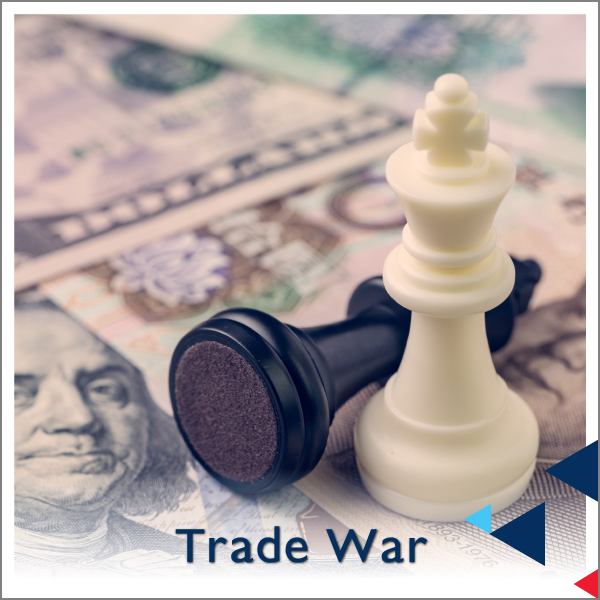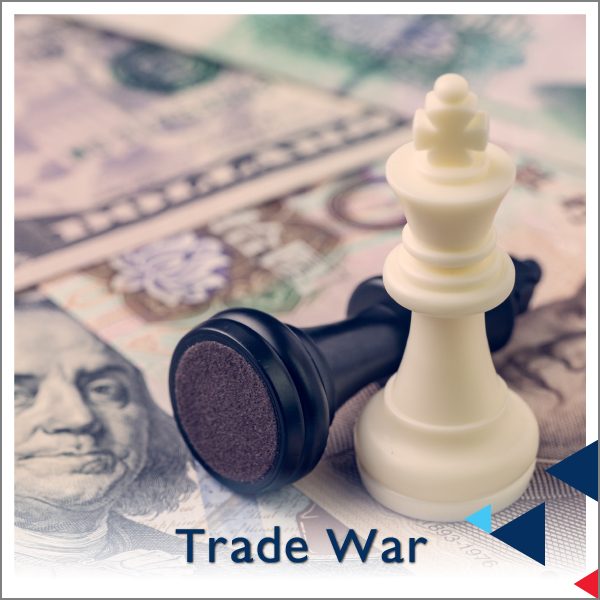
‘Trade war’ has become a term used frequently in the media. A ‘trade war’ results from an economic struggle between two super-power nations. Several trade measures can be employed during a trade war. Let’s explore more about this term, as well as others.
The ‘weapons’ used doing a trade war can include tariff increases, limits on import quotas, and non-tariff barriers. One of the most severe acts that can be employed during a trade war is the banning of all trade. These tactics are executed with the justification that another country is trading unfairly, which causes consequences for trade deficits, and eventually national security.
As today’s global trade market is based on ‘free-trade’ and ‘global single market’ policies, for the benefit of business people and consumers, any measures relating to trade protectionism should be avoided. Trade wars may bring benefits in the short term, but can bring about damages for all sides in the long run, especially for individuals, many economists believe.
Trade wars are not a new thing. They happened as far back as the 17th century during the period of Colonialism. The practice of trade wars in the West in the 1930s is assumed to be one of the factors leading to World War II.




